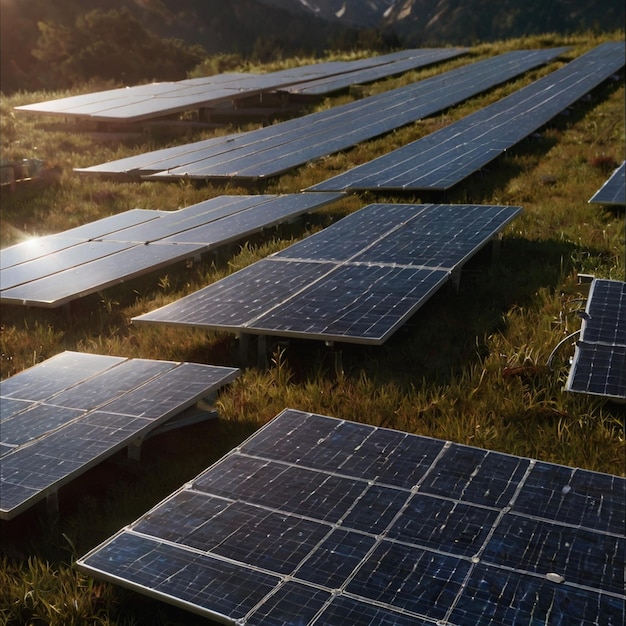
If you’re thinking about investing in solar panels, it’s important to consider both the benefits and drawbacks. Solar energy offers an exciting option for property owners, but just like any investment, it has its own advantages and disadvantages.
**Pros of Solar Panels:**
1. **Lower or No Electricity Bills:**
Switching to solar energy can lead to significant savings on your electricity bills. Over twenty years, you could save anywhere from $10,000 to $30,000, depending on your location, home size, and energy usage. With electricity costs rising around five percent each year, going solar can provide a financial cushion.
2. **Increased Home Value:**
Solar panels can potentially boost your property’s value. Homebuyers across the country are willing to pay about $15,000 more for homes with average-sized solar installations. If you plan to move soon, you could recover your solar panel costs and even make a profit when you sell.
3. **Reduced Carbon Footprint:**
Solar panels produce energy without emissions. While there’s a carbon footprint associated with manufacturing them, the energy generated is clean and free of pollutants. Installing solar panels can help you reduce your carbon emissions by over 3,000 pounds per year.
4. **Selling Excess Energy:**
Depending on where you live, you might benefit from net metering. This system allows you to store the extra solar energy you generate in the electrical grid. This unused energy can be credited back to you, possibly helping to lower your electricity bill or even earn you money.
5. **Energy Independence:**
Solar panels allow homeowners to produce their own energy, making them less dependent on the traditional electrical grid. On a larger scale, widespread adoption of solar energy can contribute to national energy independence.
**Cons of Solar Panels:**
1. **High Upfront Costs:**
The initial expenses for materials and installation can exceed $20,000 before applying federal tax credits. This substantial upfront cost is one of the main disadvantages of solar panels. Costs can vary based on state incentives and specific conditions.
2. **Slow Return on Investment if Moving Soon:**
Although solar panels provide a good financial return, it takes time to break even, with the US average being about seven and a half years. If you plan to move soon, this can be a drawback, unless you buy the system outright or use a loan.
3. **Weather Dependency:**
The performance of solar panels depends heavily on sunlight, so cloudy regions or long periods of overcast weather can affect their output. It’s wise to anticipate lower energy production during winter months.
4. **Roof Compatibility Issues:**
Older homes or historic properties with slate or cedar tile roofs can present challenges for solar installations. Alternative solutions like ground-mounted panels or joining a community solar garden can help overcome this issue.
5. **Moving Costs:**
Once installed, moving solar panels can be expensive. Hiring a specialist to uninstall and reinstall them can add to your costs.
**Conclusion:**
Investing in solar panels involves balancing pros and cons. Solar technology is continually improving, which means occasional issues may arise. While the return on investment may take time, solar energy offers a beneficial way to generate, conserve, and potentially profit from clean, renewable power. Over time, solar panels can significantly reduce your carbon footprint, making them a valuable environmental choice.